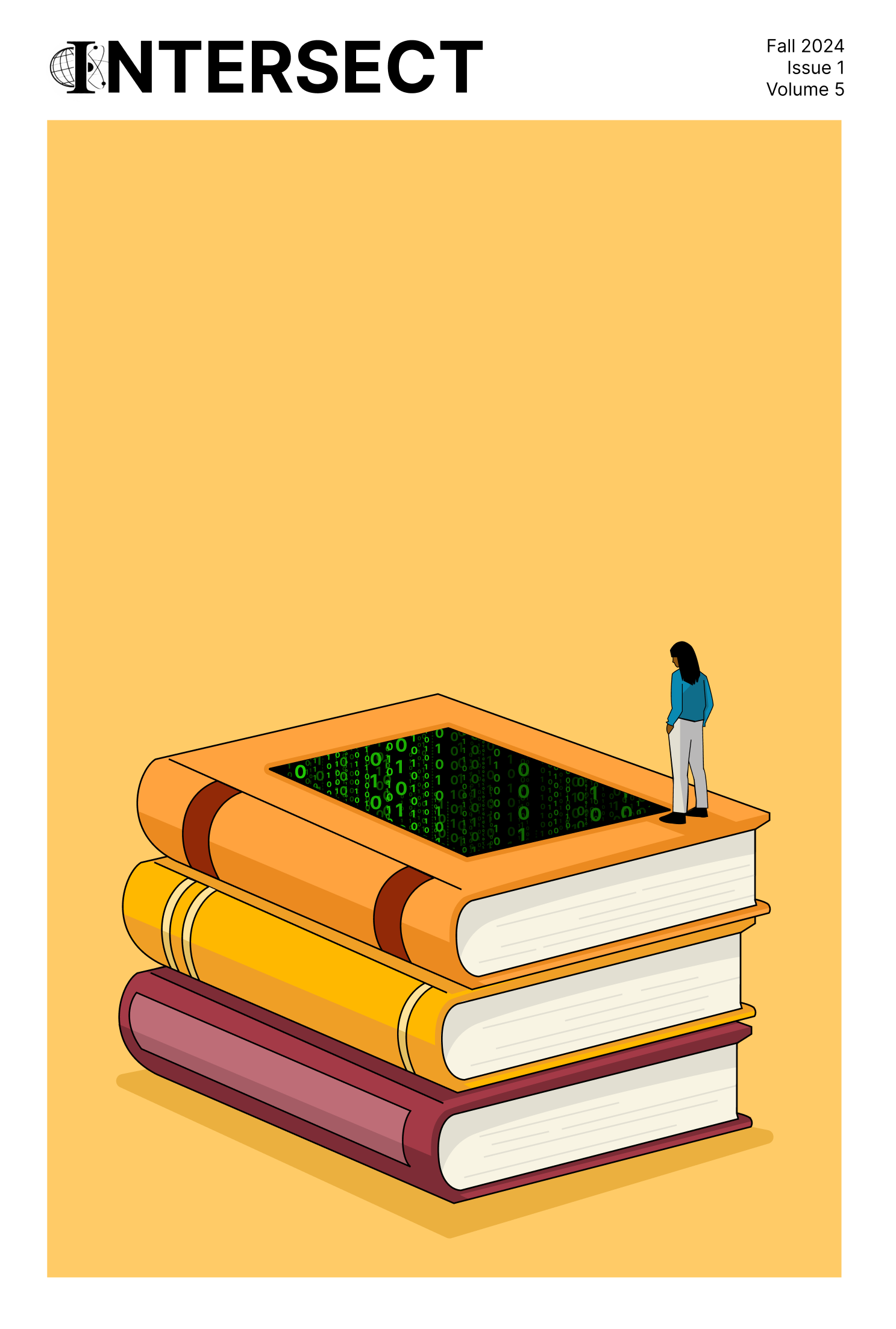Ethics and Economics of Genome Editing
Abstract
Somatic and germline modifications are the two types of genetic modifications that can be performed on human cells. Somatic modifications have earned ethical approval and are being implemented in healthcare as gene therapy, treating conditions such as sickle cell disease. Germline modifications have not earned the same approval and are highly regulated in the research sector of some countries with multiple countries banning the modification type altogether. Germline editing is criticized for being unsafe, not allowing patients to give informed consent, and promoting ableism. Moreover, if germline editing procedures become available but are not affordable for everyone, having a genetic disease could become an indication of a lower financial status. Regardless, the modification type can offer individuals with incurable genetic diseases a way to eliminate the suffering their future generations may endure. Consistent regulation of germline editing between countries, including outlining the difference between disease treatment and trait enhancement, is critical to avoid the abuse of the treatment through jurisdictional arbitrage. In this review, countries were analyzed based on their number of common monogenic diseases of high occurrence and their GDP per capita to determine which nations may become centers of germline editing exploitation for clinical testing and economic beneficiaries of performing germline editing procedures.
Downloads
Published
Data Availability Statement
Below are my data sources. I did my analysis based on these sources:
Adigwe, Obi Peter et al. “A Critical Review of Sickle Cell Disease Burden and Challenges in Sub-Saharan Africa.” Journal of blood medicine vol. 14 367-376. 31 May. 2023, doi:10.2147/JBM.S406196
“Cystic Fibrosis Symptoms & Treatment.” Children’s Hospital of Pittsburgh, www.chp.edu/our-services/transplant/liver/education/liver-disease-states/cystic-fibrosis.
Foreman, Pamela K et al. “Birth prevalence of achondroplasia: A systematic literature review and meta-analysis.” American journal of medical genetics. Part A vol. 182,10 (2020): 2297-2316. doi:10.1002/ajmg.a.61787
“GDP per Capita (Current US$).” World Bank Group, data.worldbank.org/indicator/NY.GDP.PCAP.CD.
“Sickle Cell Disease.” MedlinePlus, U.S. National Library of Medicine, medlineplus.gov/genetics/condition/sickle-cell-disease/.
“The Impact of Genetic Diseases.” Genehome, www.thegenehome.com/basics-of-genetics/disease-examples.
“World Hemophilia Day 2023.” Cromos Pharma, 17 Apr. 2023, cromospharma.com/world-hemophilia-day-2023/.
Issue
Section
License
Copyright (c) 2025 Intersect: The Stanford Journal of Science, Technology, and Society

This work is licensed under a Creative Commons Attribution-NonCommercial-NoDerivatives 4.0 International License.
Authors who publish with this journal agree to the following terms:- Authors retain copyright and grant the journal right of first publication with the work simultaneously licensed under a Creative Commons Attribution License that allows others to share the work with an acknowledgement of the work's authorship and initial publication in this journal.
- Authors are able to enter into separate, additional contractual arrangements for the non-exclusive distribution of the journal's published version of the work (e.g., post it to an institutional repository or publish it in a book), with an acknowledgement of its initial publication in this journal.
- Authors are permitted and encouraged to post their work online (e.g., in institutional repositories or on their website) prior to and during the submission process, as it can lead to productive exchanges, as well as earlier and greater citation of published work (See The Effect of Open Access).

